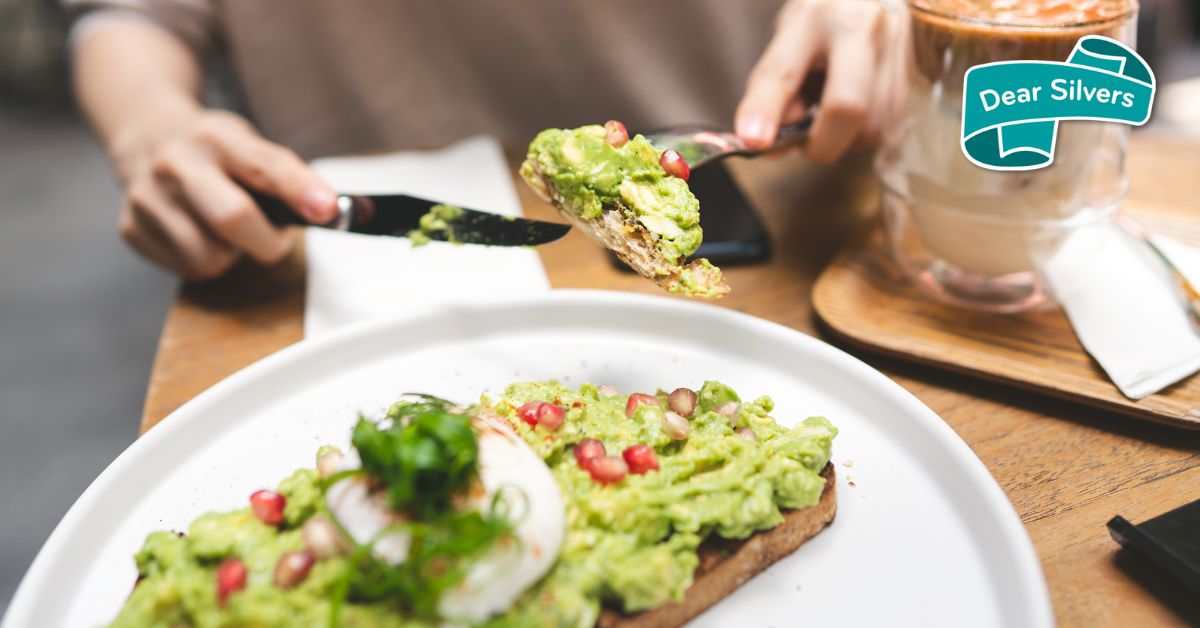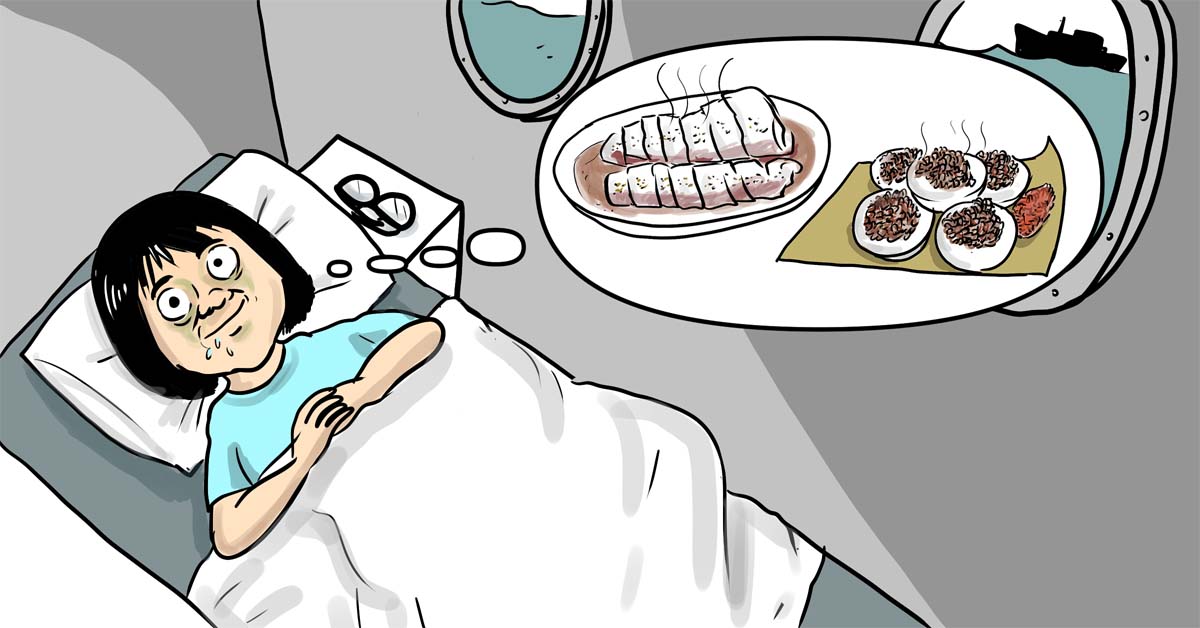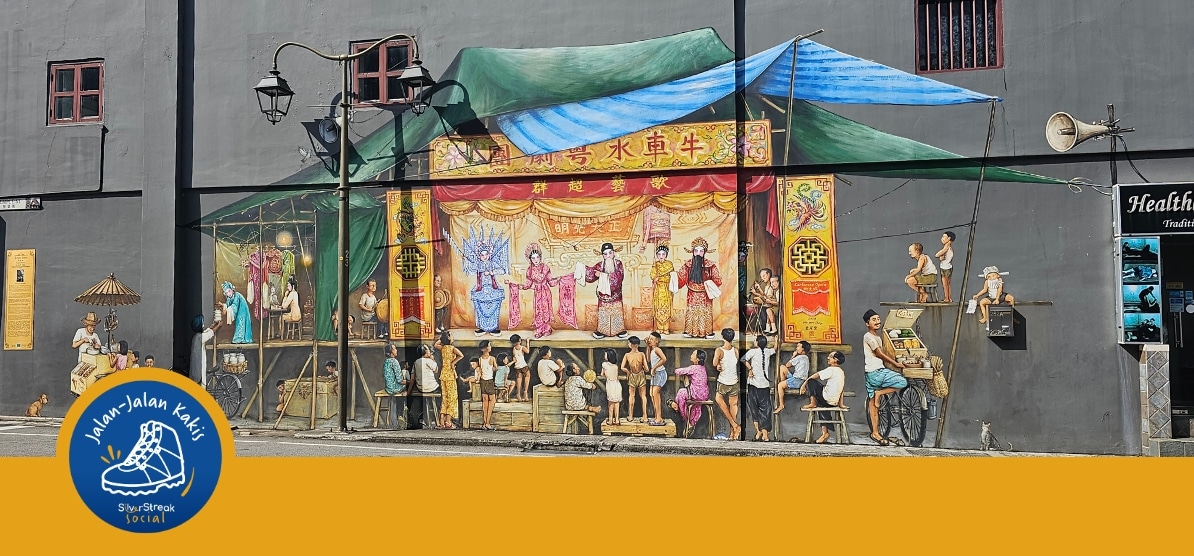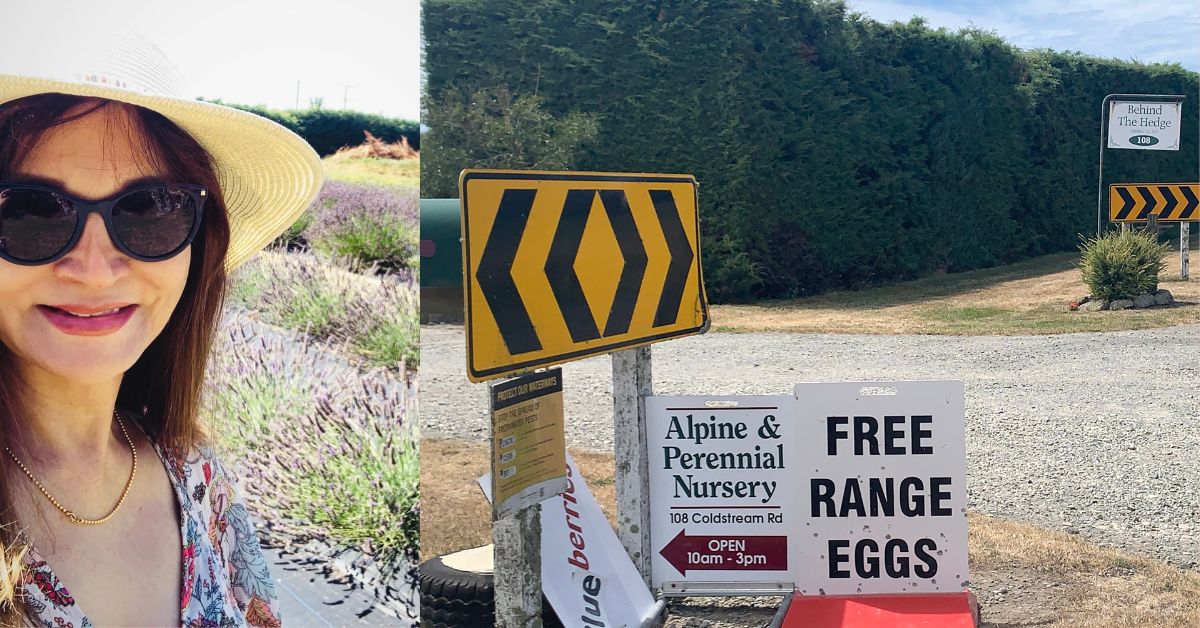
Kia ora (Hello!) from the Land of the Long White Cloud, New Zealand.
The name refers to the cloud formations early Polynesians used to navigate their way to New Zealand.
As a Singaporean married to a Kiwi and presently living in different continents due to work commitments, I decided that 2024 would be the year I start an intercontinental commute and divide my time between Singapore and New Zealand.
Call it stupidity or divine intervention, but I have been offered, and agreed, to renew my work contract on a yearly basis after hitting my contractual retirement age two years ago.
Taking the bull by the horns, I persuaded my employer that I could work just as effectively remotely as I do in our hybrid work scene in Singapore, at least for three months over the summer.
Advertisement
My first foray into living in Canterbury, New Zealand
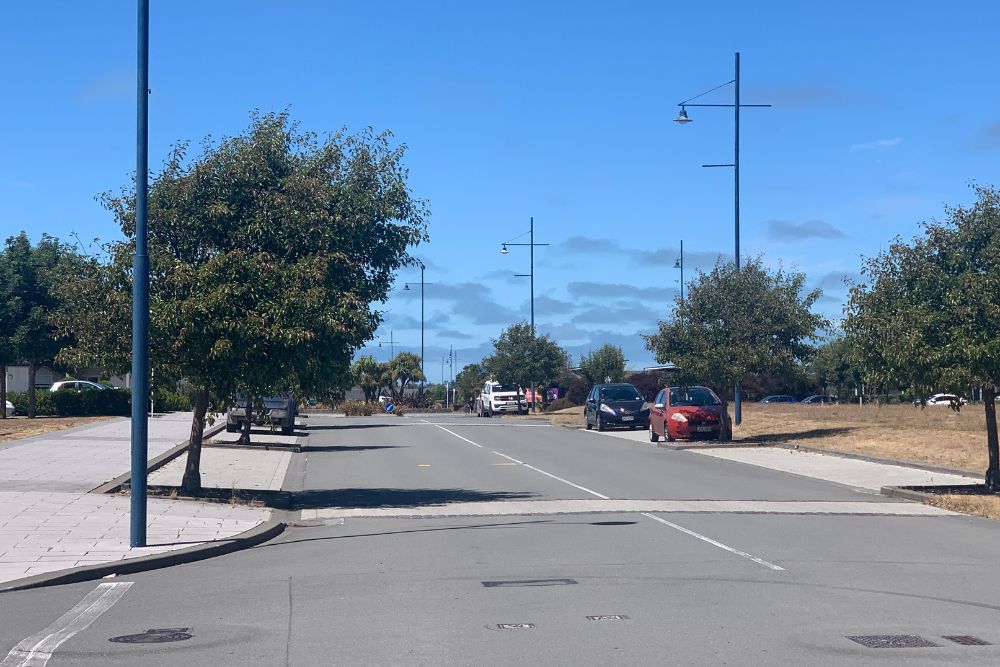
I arrived in New Zealand on a balmy summery Saturday, the mercury hitting 29°C.
Unlike the debilitating humidity that envelopes us in perspiration in Singapore, here you experience an intense, dry heat.
"Great, I can just wear my Singapore clothes!"
I thought to myself as we drove off from the airport, past the International Antarctic Centre. My confidence was short-lived as, the very next day, the weather took a dive and dropped to 15°C in the daytime.
My lesson here: Prepare for all weather scenarios! The weather is unpredictable in New Zealand and you can experience summer, autumn and winter in a single day. Luckily, I have built up a decent cold weather wardrobe after my previous visits to New Zealand.
The trick to not looking like the Michelin man is to wear multiple thin layers of warm inners. For me, it has been a good investment to add a few locally made cashmere and merino possum camisoles and cardigans to my basic Uniqlo staples.
NOTE: Uniqlo does not have a presence in New Zealand and neither do seemingly ubiquitous stores like IKEA and Marks and Spencer.
Adjusting to my new home in New Zealand
Having spent most of my life in an apartment in Singapore, I delight in now having a garden in the backyard of my new home.
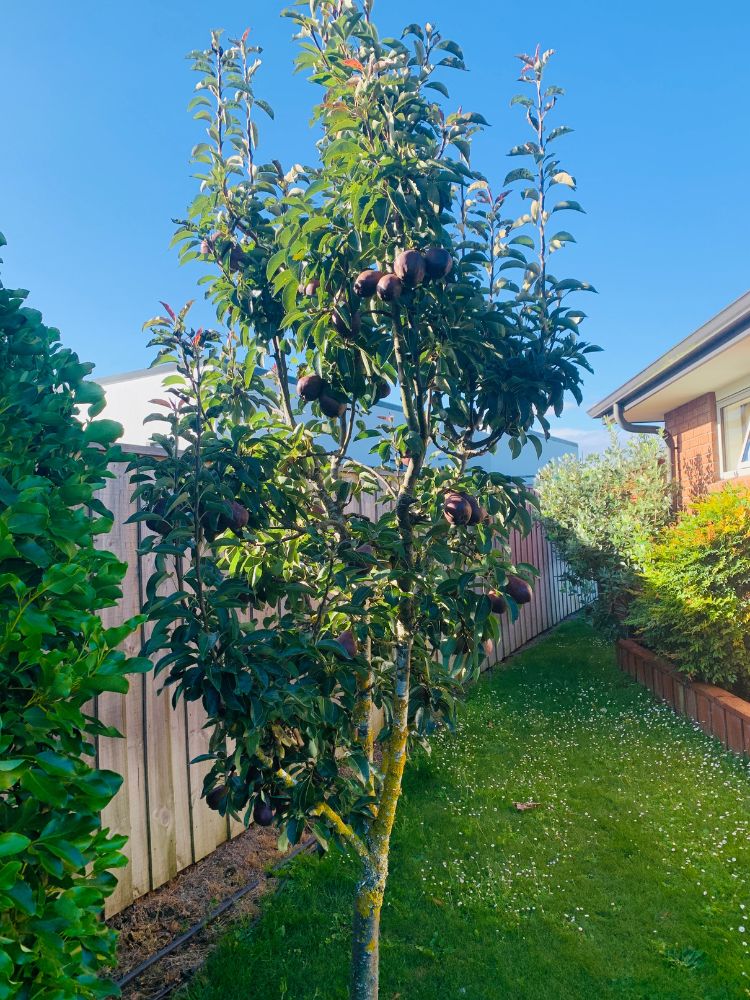
Waking up one summer morning, I was pleasantly surprised to see our seemingly fragile peach and pear trees, as well as lemon and orange bushes, sprouting fruit.
It’s marvelous being able to pluck a mandarin straight from the tree and eat it in the garden.
One morning, my husband and I headed to “Behind the Hedge” farms – not far from where we were living – to pick up a carton of freshly laid free-range eggs.
They are gathered each morning, then packed into cartons, and kept in an outdoor fridge. Those in the know pick up the eggs and leave payment in the nearby cash box. By 1pm, the eggs are sold out, without fail, every day.
The amber hue of these eggs and the taste is amazing. I could get used to having such fresh, delicious eggs all the time.
My new home is only a short stroll from the semi-private Pegasus beach, where I often go to watch the waves coming in from the Pacific Ocean.
The complete absence of noise or hustle and bustle of the city make me wonder whether the things I found precious about back home really matter.
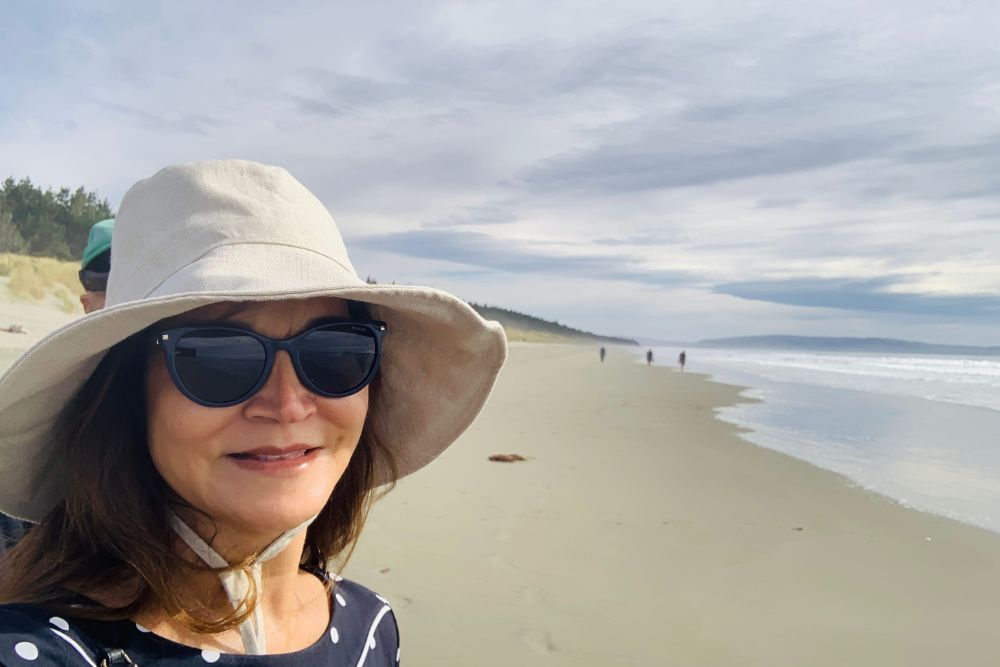
Could I, a born and bred urbanite with a love for the fast life, become accustomed to a much slower pace? Here in New Zealand, people seem content, are patient to a fault, and polite too, of course, and do not hesitate to help magnanimously.
New Zealand’s super-agers
They must be doing something right, I think to myself, as I observe our spritely neighbour Shaun.
He is retired, in his 70s, and spends his mornings getting effortlessly up and down on his knees pruning the bushes in his immaculately manicured garden. He could be a poster boy for super-aging.
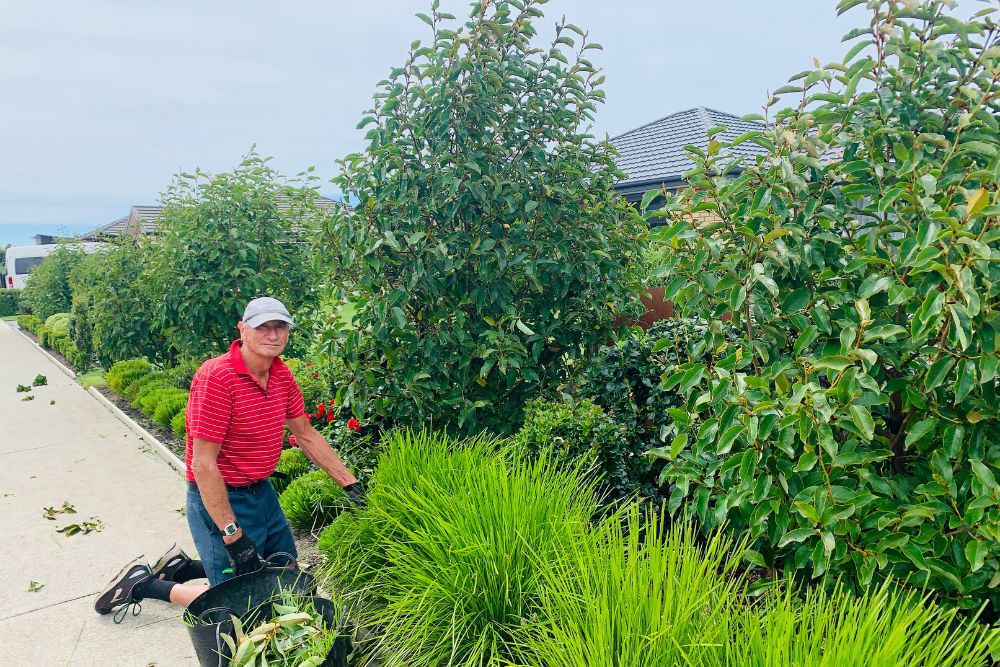
In addition to cycling and hiking, Shaun and his wife work on their large lawn daily, then sit on their patio and enjoy a good, long cuppa. This may well be the hobby that helps him live to 100.
According to Dan Buettner, a researcher who has studied the countries with the highest number of centenarians – known as “blue zones“, people living in such communities, garden well into their 90s and beyond. Unsurprisingly, Australian researchers found regular gardeners had 36% lower risk of dementia than non-gardeners.
While the current retirement age in New Zealand is 65, the average age men leave the workforce is 68, and women at 66. Indeed, the average retirement age around the world is getting higher.
Retirees in New Zealand continue to live full lives. Driving towards nearby Waikuku beach, we chanced upon lavender fields where the owner grew unusual varieties of lavender and distills pure oil.
From her quaint store, she sells artisanal lavender shampoo and conditioner bars, calming oils and linen sprays. We discovered the farm had been started as a project by her father after he’d retired, at 67.
Super-agers are not uncommon – most Kiwis are active throughout their life and enjoy outdoor activities into their golden years. There is no need for exhortations to keep moving and practice “active aging”.
Nor are music festivals and nightlife predominantly the domain of the young and restless. I feel right at home being out at events, surrounded by other mid-lifers, far more than in Singapore; where I often feel I am probably the oldest person at a ‘happening’ event or trendy restaurant.
In time, I’ll be more plugged into my new home. We are hoping to check out the Christchurch Lawn Bowls Club.
In Singapore, I played bowls every week at the Tanglin Club and enjoyed both the outdoor and social aspects of the game.
Also on the bucket list is horse riding – I’ve brought my riding gear so will scout out a horse-riding lesson or a nearly trail ride. And I want to learn French.
I’m inspired to do all I can to become more of a super-ager!


